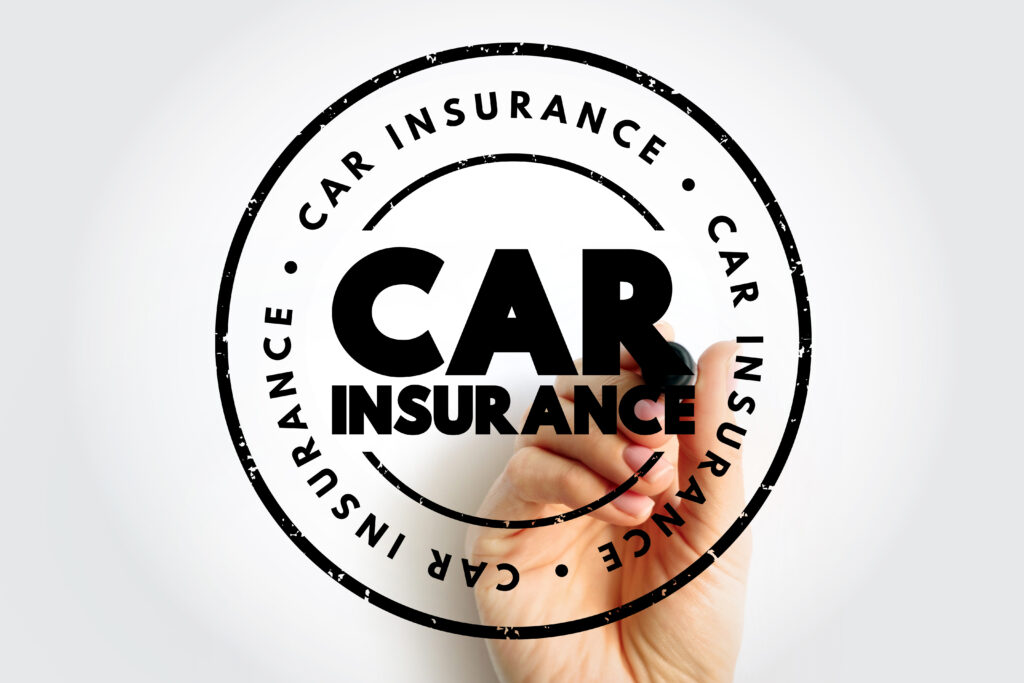
How Understanding The Differences With Auto Insurance Could Turn Into Car Insurance Savings
Frequently Asked Questions About Auto Insurance Coverage and Type Of Insurance
If you own a car or are thinking about getting one, you have probably heard about car insurance. But with so many different types, it can get confusing. Three of the most common types of car insurance are liability, collision, and comprehensive insurance. Each one covers different situations, and understanding them can help you choose the right coverage for your needs. Let’s break them down in simple terms.
Liability Insurance
Liability insurance is the most basic type of insurance and is required by law in most states. This insurance does not cover damage to your own car. Instead, it helps pay for damage you cause to other people and their property if you are at fault in an accident.
There are two main parts of liability insurance:
- Bodily Injury Liability – Covers medical expenses, lost wages, and legal fees if you injure someone in an accident.
- Property Damage Liability – Pays for damage to another person’s vehicle or property (such as a fence or building) if you cause an accident.
Example: If you run a red light and hit another car, liability insurance will pay for the other driver’s car repairs and medical bills, but not your own car’s damage.
Collision Insurance
Collision insurance covers damage to your own car if you are involved in an accident, regardless of who is at fault. This can include accidents with other vehicles or even objects like poles or guardrails.
Example: If you accidentally hit a tree while driving, collision insurance will help pay for repairs to your car.
Collision insurance is not required by law, but if you have a loan or lease on your car, your lender may require you to have it.
Comprehensive Insurance
Comprehensive insurance covers damage to your car that is not caused by a collision. This includes things like:
- Theft
- Fire
- Vandalism
- Natural disasters (like floods or hurricanes)
- Falling objects (like tree branches or hail)
- Animal damage (such as hitting a deer)
Example: If your car is stolen or a hailstorm dents your hood, comprehensive insurance will help cover the cost of repairs or replacement.
Like collision insurance, comprehensive coverage is not required by law, but lenders often require it if you are financing or leasing your vehicle.
How Do These Insurances Work Together?
Think of these three types of insurance as different levels of protection:
- Liability Insurance protects other people from damage you cause.
- Collision Insurance protects your own car in accidents.
- Comprehensive Insurance protects your car from non-accident damage like theft or weather events.
If you want full protection, you may choose to have all three types of coverage. However, if you drive an older car that isn’t worth much, you might only need liability insurance.
Which Insurance Should You Get?
It’s crucial to determine for each person what is the best coverage for their needs. Working with a certified insurance broker like us will help you determine the coverage options for the most affordable pricing!
- If you want basic coverage (and to follow the law), liability insurance is a must.
- If you want your car to be covered in accidents, collision insurance is helpful.
- If you want protection from theft or weather damage, comprehensive insurance is a good choice.
Many drivers opt for full coverage, which means having liability, comprehensive and collision insurance together. While this provides the most protection, it also costs more, but you want to make sure you’re not underinsured.
Final Thoughts
Choosing the right auto insurance depends on your budget, how much risk you’re willing to take, and the value of your car. If you’re unsure, speak with us, who can help you figure out the best coverage for your needs.
No matter what, having some type of insurance is essential to meet your auto insurance requirements—not only because it’s the law in most places, but because it helps protect you financially in case of an accident.
We hope this guide helps you understand the differences between liability, collision, and comprehensive insurance. We can help you find affordable insurance by getting a quote today. Drive safe and stay protected!